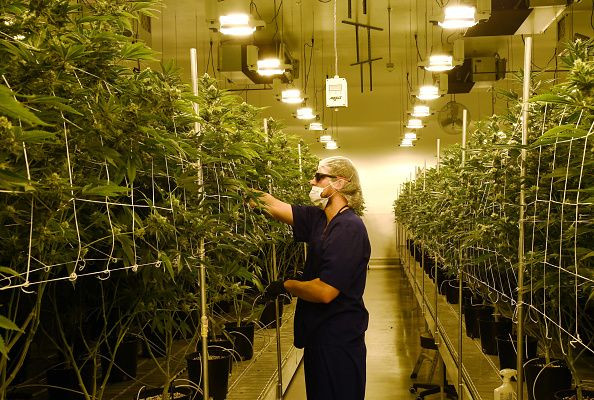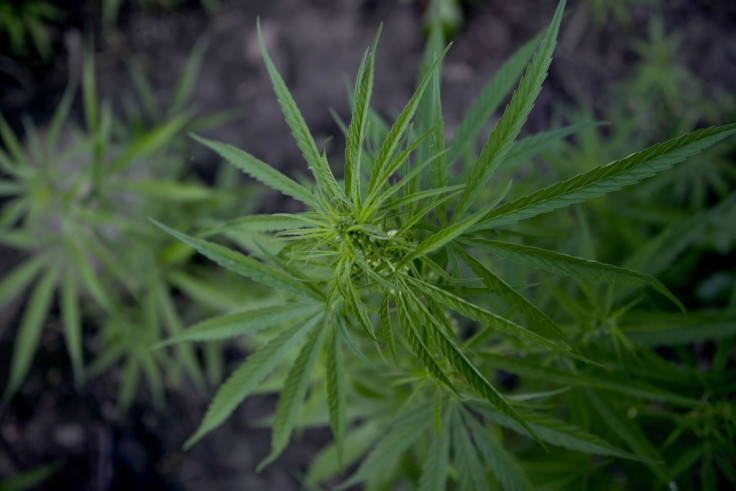What Are Long-Term Side Effects Of Marijuana?
There has been a recent surge in marijuana use since its widespread legalization in a number of states in the United States.
Alaska, Washington, Colorado, and Oregon have legalized marijuana, to name a few. As such, marijuana use is at an all-time high with users being granted easier access to it in the form of dispensaries.

Known for its medicinal properties, in addition to its recreational use, Marijuana has been around for a long time. From indigenous tribes around the world to cancer patients undergoing chemotherapy, the drug has been serving numerous purposes for different people. However, in light of its recent legalization and destigmatization, the question of the effects of long-term use arises.
Brain Function
Marijuana mostly affects the brain. The plant contains delta-9-tetrahrocannabinol or THC which is its psychoactive constituent. This chemical binds to the cannabinoid receptors found in your brain and thus gives the sensation of being “high.”
Studies have been done to determine the long-term effects of THC on a developing brain found in individuals under the age of 21. In these studies, young rats are exposed to THC and documented. These rats were found to have problems with learning and memory later on in their lives. Another study also found that when exposed repeatedly to THC, young rats had difficulty in regards to forming new memories as they grew older. These rats were also prone to anxiety and shown to have little to no desire to interact with other members of their species.
In the long-term, exposure of a developing brain to marijuana proves to be detrimental and causes permanent changes to cognitive behavior and functioning.

Lung Damage
The most common way of getting marijuana into your system is smoking it. Much like cigarettes, smoking marijuana has been proven to damage your lungs in the long-run. While it is not as damaging as tobacco, prolonged and everyday smoking could put you at risk of a handful of lung problems such as lung cancer, emphysema, and chronic bronchitis, to name a few.
Damage to Reproductive Health
Another long-term effect of marijuana use is damage to reproductive health. Studies done have found that male animals exposed to THC produced less testosterone compared to male animals that were not. The THC in marijuana reduces the motility of the sperm causing it to be unable to swim properly thus contributing to male infertility.
In addition, female animals exposed to THC were found to produce less female sex hormones much like their male counterparts. This decrease in the production of female sex hormones could lead to sexual dysfunction and affects the woman’s ovulation cycle.

Anxiety and Depression
While medicinal marijuana is used to treat anxiety and depression, early use of the plant during formative years could lead to the development of anxiety and/or depression. Those carrying genes that put them at risk of developing psychiatric disorders and teens are the most at risk.
No doubt, medicinal marijuana has its benefits however, it is important to understand that everything must be taken in moderation, and marijuana is no exception.
© Copyright IBTimes 2025. All rights reserved.





















